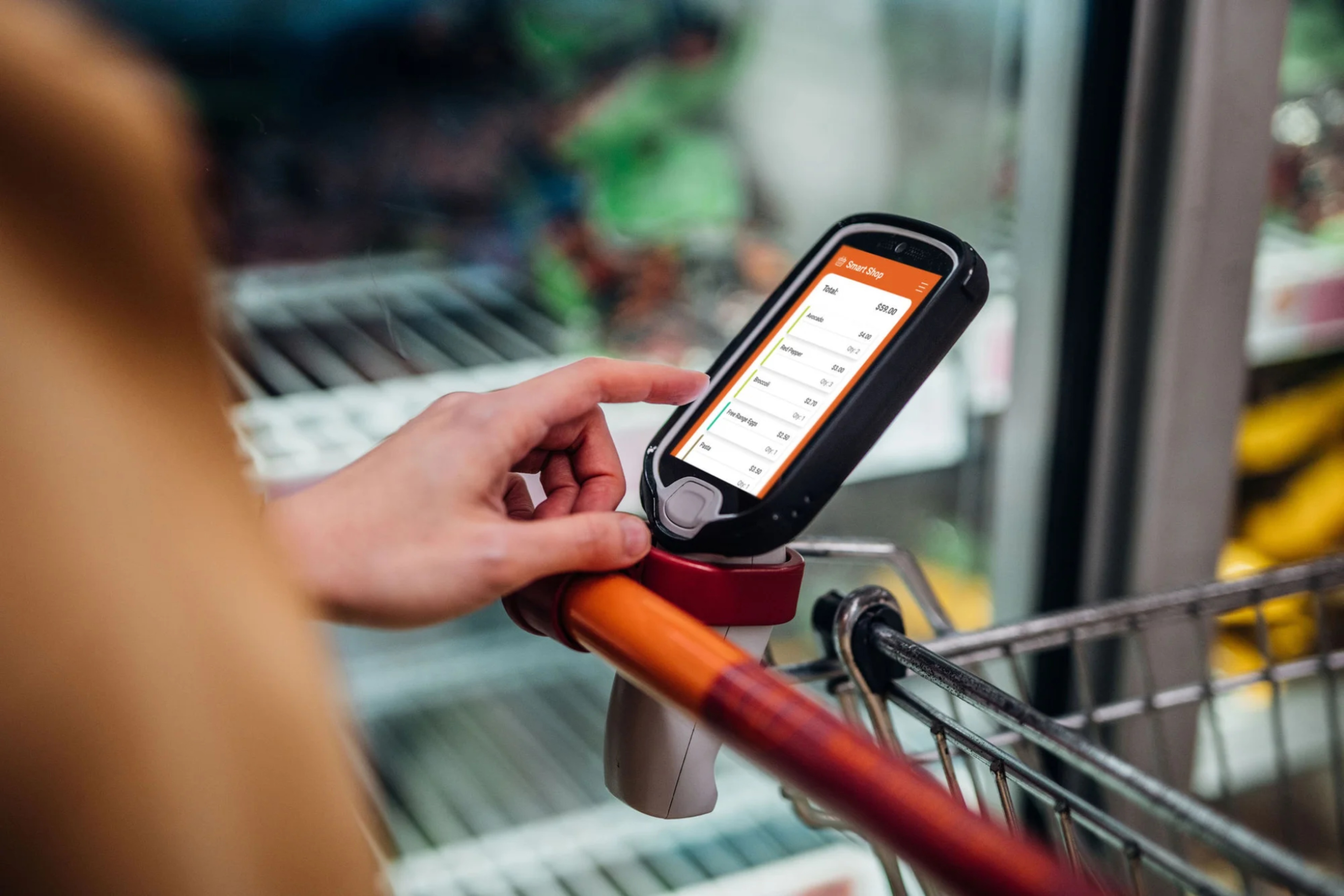EY refers to the global organization, and may refer to one or more, of the member firms of Ernst & Young Global Limited, each of which is a separate legal entity. Ernst & Young Global Limited, a UK company limited by guarantee, does not provide services to clients.
78% of Indian consumers prefer human customer service support when shopping online: EY Report
- 61% consumers find AI driven product recommendations extremely beneficial.
- Data breaches are the primary cause for concern among Indian online shoppers.
- 84% consumers have made purchases based solely on the recommendations or promotions of influencers.
Mumbai, 6 August, 2024: The recent EY Future Consumer Index (FCI), which included responses from 1,000 Indian participants within a worldwide poll, revealed that 62% of Indian consumers have made purchases influenced by AI recommendations as compared to just 30% globally. Additionally, 61% of Indian consumers find AI driven product recommendations extremely beneficial.
However, this increasing confidence in technology is accompanied by concerns around data security and the exposure of personal information. A significant 77% of Indian consumers express profound concern about the possibility of data breaches when shopping online, while 73% worry about their private information being disclosed.
It is no surprise then that the desire for a human connection remains strong among Indian buyers. The report revealed that 78% of consumers prefer to shop on online platforms that provide human customer service support. 61% are more inclined to share personal information with a human rather than through automated processes.
Angshuman Bhattacharya, Partner and National Leader - Consumer Product and Retail Sector, EY Parthenon said, “To connect with today’s consumers, retailers must understand their evolving needs. As consumers become more discerning in their choices and empowered to demand fair value for their money, retailers need to step up to be able to satisfy these demands. While Indian consumers are putting a lot of faith in artificial intelligence and other technologies, the human touch through authentic, trustworthy connections and engagement is becoming more important than ever before. Data is king for consumer products companies and brands, but it is imperative for retailers to maintain transparency in their data usage practices and to simplify the opt-out process for consumers who prefer to keep their data private.”
Reigning influence: India vs the globe
Consumers are drawn to follow content creators on social platforms primarily for the quality and authenticity of the content. In India, influencers have gained a significant amount of popularity with 81% consumers following some social media influencer, blogger or vlogger. In stark comparison, only 45% of global respondents admitted that they follow a social media influencer. A noteworthy revelation is that 60% of Indian consumers find products recommended by influencers extremely trustworthy as compared to 27% globally. Brands recognise that influencers have the power to form and shape purchase decisions. According to the report, a whopping 84% of Indian consumers have bought products solely based on an influencer’s recommendation or promotion.
Online is still the way to go
It is evident that online shopping is gaining popularity in India. 75% of consumers acknowledged that they prefer to shop online and only visit stores which provide an exceptional experience, in contrast, only 41% of global consumers feel the same. In the last six months in India, 51% of the consumers have downloaded a retail app compared to 31% globally. The report found that consumers are driven by tangible benefits such as discounts and exclusive deals, and their loyalty is often as lasting as the benefits they receive. Despite the convenience of online shopping, Indian consumers do complain of challenges; the most common frustrations include receiving damaged goods (21%), inadequate customer support (20%), and obstacles in processing refunds (19%).
EY Parthenon’s Angshuman Bhattacharya added "To truly embrace consumer centricity, consumer products companies must forge authentic relationships with the influencer community, selecting individuals aligned with brand values and audience aspirations. Establishing an influencer network that maximizes return on investment demands a delicate balance between trust and oversight. Choosing the right influencers is critical to protect the brand's image, and it is equally important to keep a close watch on how these collaborations perform.”
Notes to Editors
About EY
EY exists to build a better working world, helping create long-term value for clients, people and society and build trust in the capital markets.
Enabled by data and technology, diverse EY teams in over 150 countries provide trust through assurance and help clients grow, transform and operate.
Working across assurance, consulting, law, strategy, tax and transactions, EY teams ask better questions to find new answers for the complex issues facing our world today.
EY refers to the global organization, and may refer to one or more, of the member firms of Ernst & Young Global Limited, each of which is a separate legal entity. Ernst & Young Global Limited, a UK company limited by guarantee, does not provide services to clients. Information about how EY collects and uses personal data and a description of the rights individuals have under data protection legislation are available via ey.com/privacy. EY member firms do not practice law where prohibited by local laws. For more information about our organization, please visit ey.com.
This news release has been issued by EYGM Limited, a member of the global EY organization that also does not provide any services to clients.
About the EY Future Consumer Index
The EY Future Consumer Index tracks changing consumer sentiment and behaviors across time horizons and global markets, identifying the new consumer segments that are emerging. The 14th edition of the EY Future Consumer Index surveyed 23,016 consumers across the US, Canada, Mexico, Brazil, Argentina, Chile, Colombia, UK, Germany, France, Italy, Spain, Ireland, Denmark, Finland, Sweden, Norway, Australia, New Zealand, Japan, China, India, Indonesia, Thailand, South Korea, Saudi Arabia, South Africa, Vietnam, Nigeria and Netherlands between 21 March to 16 April 2024.
Related news
Mumbai, 24 January 2023. 2023 records US$49.8 billion PE/VC investments across 853 deals according to the EY-IVCA report
Robust 88% surge in pure-pay PE/VC investments fuels 3Q2023 Growth: EY – IVCA report
Mumbai, 23 October 2023. Robust 88% surge in pure-pay PE/VC investments fuels 3Q2023 Growth according to EY – IVCA report
Mumbai, 20 October 2023. Investments in the infrastructure and real estate sectors have helped offset the yoy decline of ~25% in pure play PE/VC investments in 2023 till date according to the EY IVCA report.






